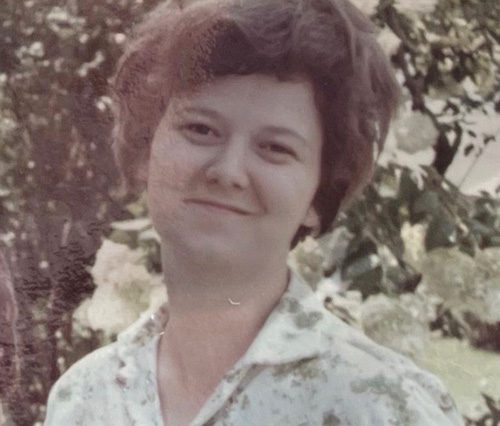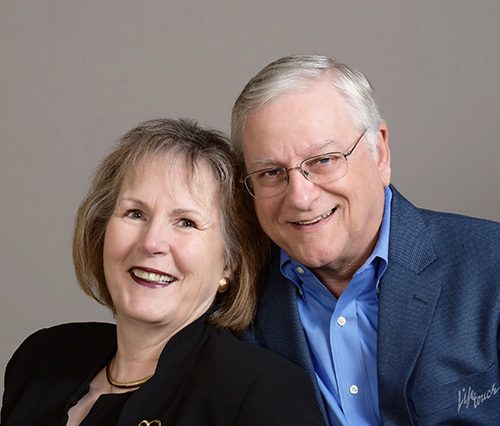Over the years, you’ve been the recipient of many blessings. You’ve faithfully provided for and raised your family. Now, as you look at all that you’ve built, it’s time to prayerfully consider how you will leave your legacy. Whether you need to provide for your family or wish to support causes that matter to you, an estate plan is an essential tool for protecting your assets and ensuring that they are used as you wish in the future.
Tools to Secure Your Legacy
 Contrary to popular belief, estate plans aren’t just for older or wealthy people. And an estate plan is more than just a will. A comprehensive plan looks at the needs and wishes you and your family have, both now and in the future, and uses a variety of tools to ensure those needs and wishes are met as closely as possible. Components of a good estate plan may include a:
Contrary to popular belief, estate plans aren’t just for older or wealthy people. And an estate plan is more than just a will. A comprehensive plan looks at the needs and wishes you and your family have, both now and in the future, and uses a variety of tools to ensure those needs and wishes are met as closely as possible. Components of a good estate plan may include a:
Trust: A trust is legal agreement between two parties to hold assets for the benefit of a third party. The person who is contributing the assets is called a donor or trustor. The person or organization in charge of the trust is called the trustee. And the person or organization who will receive the benefits of the trust in the form of income or, at some point, a lump sum, is called the beneficiary.
There are many types of trusts, but they fall into two categories: revocable and irrevocable. A revocable trust’s terms can be changed by the grantor at any time. An irrevocable trust cannot be changed once it is established for the term of the trust. That may be a specific period of time or upon the death of the grantor or beneficiary. Because a trust is a separate entity and cannot be accessed by creditors to satisfy others’ debts, it’s a popular tool to provide income for surviving spouses, family members, or even charitable causes.
Will: This common legal document is typically filed with your county and directs how your assets will be distributed after you die. Without a will, the laws of your state typically govern how your assets are distributed—and they may not go to the people or organizations you wish. Your will may also assign guardianship of minor children. The document will not, however, override the beneficiary designations on trusts or life insurance policies, so it’s important that, when you update your will, you also ensure that any beneficiary designations are also in alignment with the changes.
Endowment fund: An endowment fund is an investment fund established by a foundation. It’s typically used to support nonprofits, colleges and universities, or other charitable organizations, although it also may be used to provide income during another beneficiary’s lifetime, with the benefit transferring to the charitable organization upon the death of that beneficiary.
Unlike making a one-time gift, establishing an endowment ensures that your gift is never changed or depleted. For example, an endowment with an organization like the Catholic Community Foundation allows you to support organizations with Catholic values in perpetuity, with proceeds from the investment being distributed and the underlying capital remaining intact to reap rewards and support your beloved causes for decades to come.
Life insurance policy: Another tool to help protect your assets, provide for your family, and leave a legacy is a life insurance policy, which pays a specific benefit upon the death of the policy holder. Some life insurance policies can also be used as savings vehicles and the cash value of the policy can be accessed during the policy holder’s life. These insurance policies can also be combined with trusts and endowments.
Your estate plan may also include other tools such as a living will, which indicates your wishes with regard to your health care, and a durable power of attorney, which gives a designated person or entity legal authority over your affairs if you are unable to manage them due to disability, death, or other reasons.
As you think about your estate plan, use this as an opportunity to talk about your values and wishes with family members. This is a perfect time to discuss the values that are important to all of you and how you wish to honor God and the many gifts He has bestowed on your family. Such conversations can strengthen family bonds and renew your commitment to your Catholic values.
Learn more about how the Catholic Community Foundation can help you leave a legacy that aligns with your faith.



